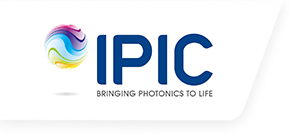The Irish Photonic Integration Centre (IPIC) has been successfully selected by the European Commission’s Horizon 2020 initiative to host a prestigious Marie Sklodowska-Curie Global Fellowship.
The successful IPIC’s awardee, Dr. Pietro Pampili from the III-Nitride Materials Group, will carry out work as part of a RESENSE initiative, a highly innovative project that seeks to develop new materials for use in UV sensors and whose proposed outcomes will have applications in fields such as industrial processing, space research, defence and medicine.
Dr. Pampili is going to carry out the outgoing phase of the project at Nagoya University, Japan, under the joint supervision of Prof. Hiroshi Amano (2014 Nobel Physics Laureate) and Prof. Markus Pristovsek before he returns to Tyndall for the final 12 months under the supervision of Prof. Peter Parbrook. At the start of this project, Dr Pampili will also carry out an initial 3-month secondment period with ON Semiconductor (SensL which was originally a Tyndall spinout in 2004 but was acquired in 2018 by ON Semiconductor), in order to gain a better understanding of the industrial requirements for possible future commercialization of these devices.
RESENSE aims to use N-polar AlGaN materials to tackle problems associated with (a) satisfactory p-type doping and (b) separation of the photo-generated carriers. This material orientation has the potential to favour incorporation of p-type impurities and induce higher electric fields for carrier separation. Different Metal Organic Vapour Phase Epitaxy (MOVPE) growth conditions will be studied to control the growth of N-polar AlN templates and magnesium doped AlGaN epilayers. Finally, a prototype of solar-blind UV photodetector based on AlGaN/AlGaN heterostructure will be grown, fabricated and fully characterized.
For more information please visit Tyndall website




